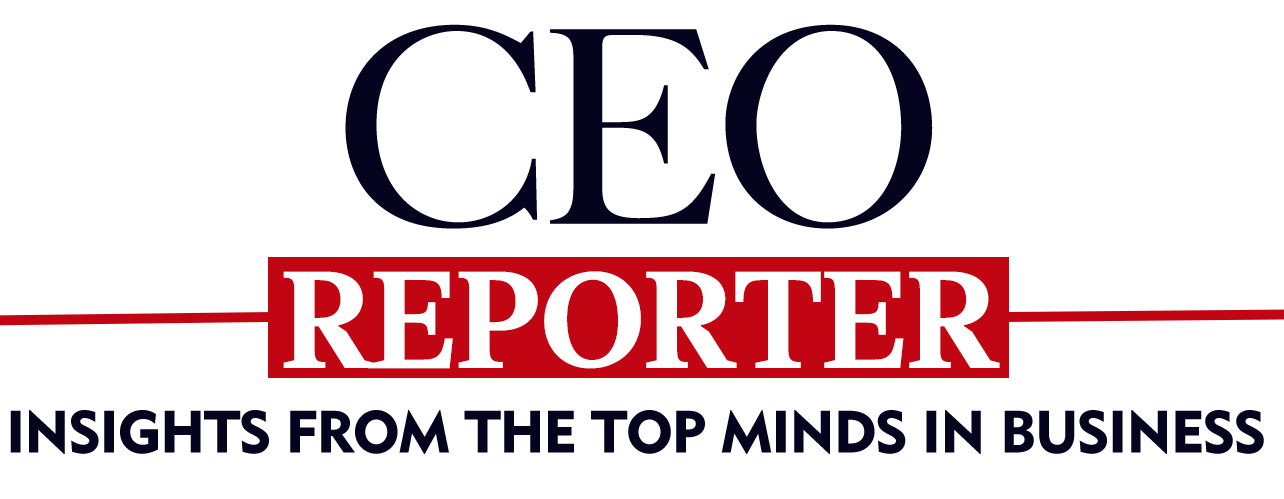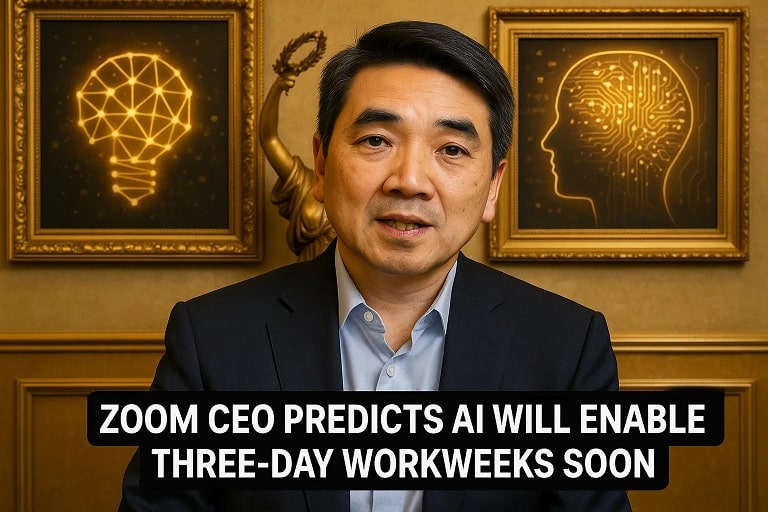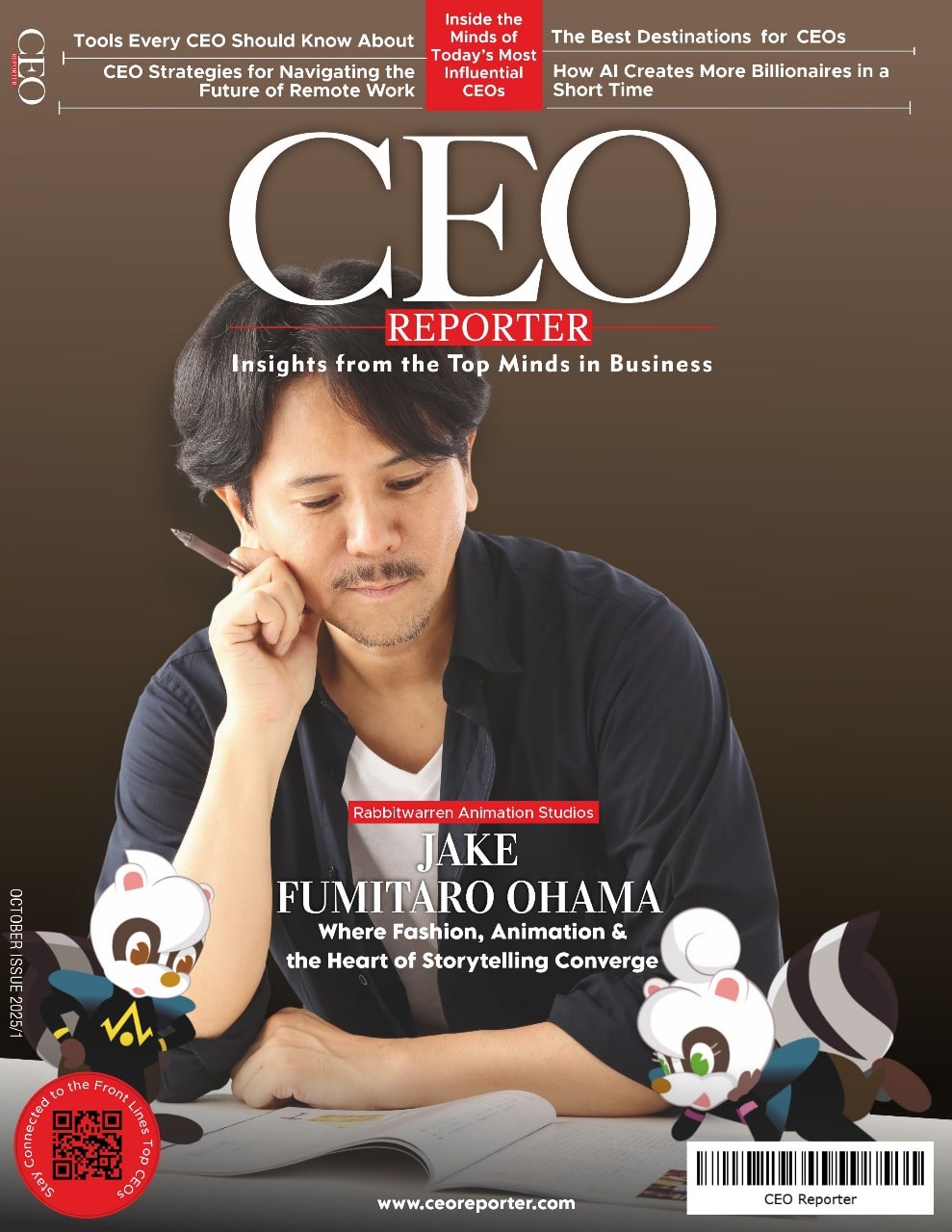Zoom CEO Predicts AI Will Enable Three-Day Workweeks Soon
Zoom CEO Eric Yuan has sparked global discussions with his bold prediction that artificial intelligence (AI) will soon usher in three or four-day workweeks, transforming how companies operate and freeing up employee time for better work-life balance. In a recent interview published on September 14, 2025, Yuan emphasized AI’s potential to handle routine tasks, allowing humans to focus on higher-level oversight and creativity. This vision aligns with similar forecasts from tech leaders like Bill Gates and Nvidia’s Jensen Huang, signaling a shift in the global workforce amid rapid AI advancements. As AI tools like chatbots and agents become integral to platforms like Zoom, this could redefine productivity, job roles, and corporate culture. This comprehensive guide explores Yuan’s statements, the latest developments, historical context of AI in work, economic and social impacts, future scopes, FAQs, tables, and more, providing a full overview of this emerging trend.
Why Zoom CEO Eric Yuan’s AI Workweek Prediction Matters
Eric Yuan’s comments highlight AI’s role in enhancing efficiency, potentially reducing the standard five-day workweek to three or four days. He argues that AI can automate mundane tasks, such as coding for entry-level engineers, while creating new opportunities in managing digital agents. This comes as Zoom integrates AI features like real-time translation and meeting summaries to streamline collaboration. The prediction resonates in a post-pandemic world where remote work has evolved, and AI adoption is accelerating. For businesses, shorter workweeks could boost employee satisfaction and productivity, but they also raise questions about job displacement and the need for reskilling. Yuan’s stance positions Zoom as a pioneer in AI-driven workplace tools, influencing how companies worldwide approach hybrid work models.
Key Quotes from Eric Yuan on AI and Workweeks
- “I feel like if A.I. can make all of our lives better, why do we need to work for five days a week?”
- “Every company will support three days, four days a week. I think this ultimately frees up everyone’s time.”
- “Whenever there’s a technology paradigm shift, some job opportunities are gone, but it will create some new opportunities. You also create some digital agents, and you need someone to manage those agents.”
These quotes underscore Yuan’s optimism about AI’s liberating potential while acknowledging transitional challenges.
Latest Events and News on AI and Shorter Workweeks
Eric Yuan’s New York Times Interview on September 14, 2025
In an exclusive interview with The New York Times published on September 14, 2025, Yuan discussed Zoom’s evolution and AI’s broader implications. He predicted AI agents would handle repetitive tasks, enabling shorter workweeks and shifting human roles toward oversight. The interview also touched on Zoom’s pandemic boom and subsequent reinvention through AI integrations like automated summaries and virtual avatars.
Media Coverage and Reactions on September 15-16, 2025
Following the NYT piece, outlets like Fortune and Daily Mail amplified Yuan’s comments on September 15 and 16, 2025, linking them to similar views from other executives. Social media erupted with debates, with #AIWorkweek trending as users shared mixed reactions—excitement about more leisure time versus fears of job losses. Analysts from firms like Gartner noted on September 16 that AI could indeed compress workloads, citing pilot programs in companies like Exos, where four-day weeks reduced burnout by 50% and boosted productivity by 24%.
Related Executive Predictions in 2025
On September 17, 2025, reports highlighted how Yuan’s views echo ongoing discussions. For instance, JPMorgan CEO Jamie Dimon reiterated his 2023 prediction of a 3.5-day workweek due to AI during a banking conference, emphasizing improved health outcomes.
AI’s Evolution and Workweek Debates
The concept of shorter workweeks dates back to the Industrial Revolution, when labor movements reduced hours from 70 to 40 per week by the 1930s. AI’s role emerged in the 2010s with automation fears, amplified by the 2020 pandemic’s remote work shift. Zoom, founded in 2011, became synonymous with virtual meetings during lockdowns, peaking at $160 billion valuation in 2020. Early AI predictions, like Bill Gates’ 2019 forecast of machines handling routine jobs, set the stage. By 2023, trials in Europe and the US tested four-day weeks, with 90% of companies reporting success. Yuan’s 2025 comments build on this, reflecting AI’s maturation from chatbots like ChatGPT (2022) to advanced agents in 2025.
Timeline of AI and Workweek Milestones
| Year | Event |
|---|---|
| 1930 | Keynes predicts 15-hour workweek due to tech. |
| 2019 | Bill Gates foresees AI enabling shorter weeks. |
| 2020 | Zoom booms during pandemic; remote work rises. |
| 2022 | ChatGPT launch accelerates AI adoption. |
| 2023 | Four-day week trials succeed in Europe. |
| September 2025 | Yuan predicts 3-4 day weeks via AI. |
Impacts of AI-Enabled Shorter Workweeks
Economic Productivity and Job Market Shifts
Shorter workweeks could increase productivity by 20-30%, as seen in trials, by reducing fatigue. However, AI may displace 300 million jobs globally by 2030, per Goldman Sachs, particularly in white-collar sectors. New roles in AI management could offset losses, creating a net gain of 1 million jobs in tech by 2028.
Social and Health Benefits
Reduced hours could lower stress-related illnesses by 25%, improving mental health and family time. In India, where workweeks average 47 hours, this could address burnout, boosting overall well-being.
Business and Environmental Effects
Companies like Zoom could save on office costs, while AI reduces energy use in meetings. Globally, shorter weeks might cut carbon emissions from commuting by 15%.
Potential Challenges
Uneven adoption could widen inequalities, with low-skill workers facing more displacement. Regulatory hurdles and cultural resistance to change pose risks.
Future Scopes: AI’s Role in Reshaping Work by 2030
Widespread Adoption of Shorter Workweeks
By 2030, 40% of global companies may implement 3-4 day weeks, per McKinsey projections, driven by AI handling 45% of tasks. Zoom plans AI avatars for meetings, potentially eliminating routine attendance.
Job Evolution and Reskilling
AI will create demand for 97 million new roles in data and ethics, while phasing out repetitive jobs. Governments may invest $1 trillion in reskilling programs.
Technological Advancements
Advances in AGI by 2028 could automate 70% of knowledge work, enabling radical abundance as predicted by Demis Hassabis.
Potential Scenarios for 2030
- Optimistic: Universal 3-day weeks, with AI boosting GDP by 15%.
- Moderate: Hybrid models, 4-day standard in tech sectors.
- Pessimistic: Job losses lead to inequality, delaying benefits.
Frequently Asked Questions (FAQs)
What did Zoom CEO Eric Yuan say about AI and workweeks?
Yuan predicted AI will enable 3-4 day workweeks, freeing time as agents handle tasks.
When was Eric Yuan’s interview published?
The New York Times interview was published on September 14, 2025.
Who else has predicted shorter workweeks due to AI?
Bill Gates (3-day), Jensen Huang (4-day but intense), Jamie Dimon (3.5-day).
How might AI impact jobs according to Yuan?
AI could replace entry-level roles but create new ones in managing agents.
What are the benefits of shorter workweeks?
Improved productivity, mental health, and reduced emissions from less commuting.
Could shorter workweeks become reality soon?
By 2030, widespread adoption is possible in tech-driven sectors.
Zoom CEO’s AI Vision: A Path to Balanced Work-Life
Eric Yuan’s prediction that AI will enable three-day workweeks captures the transformative potential of technology, promising freer lives while navigating job shifts. As Zoom leads with AI tools, this could accelerate a global reevaluation of work, blending efficiency with humanity.
Key Takeaways
- Bold Forecast: AI to enable 3-4 day weeks, per Yuan.
- Job Dynamics: Automation creates and displaces roles.
- Leader Alignment: Echoes Gates, Huang, Dimon.
- Future Impact: Productivity gains, better balance by 2030.













